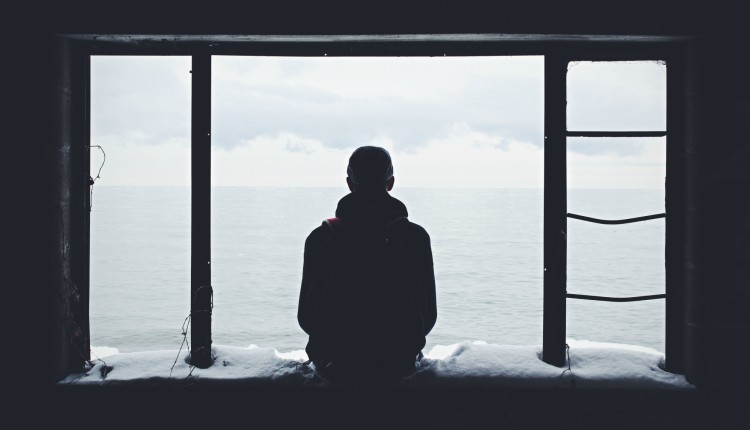With the advent of the Covid-19 pandemic, the attendant stress associated with the disease has led to recent headlines in the news such as “No socks for your children,” “no wreaths for your graves” and “put Grandpa by the window.” The disease has caused us to adopt a new way of living, which has included the experience of a number of lockdowns across the globe. The pandemic has had an effect, not just on physical health, but also on mental health.
Indeed, the impact of COVID-19 on mental health has been the focus of a number of recently published studies. In Switzerland, the Swiss Corona Stress Study examined how the local population was adapting to the pandemic. In a 2-phase online study comprising of in excess of 20,000 participants, the investigation sought to assess how subjective stress levels and depressive symptoms were affected by the lockdown, to explore underlying factors, together with identifying potential stress-protecting behaviours. A total of 50 per cent of participants reported an increase in stress levels during the spring lockdown in comparison with the time prior to the COVID-19 crisis. Factors contributing to the experience of increased stress included the burden related to changes at work or school, or the burden of not being able to spend more time with others. Perhaps it is interesting to note that 26 per cent of all participants exhibited a reduction in levels of stress; this arose because the participants felt relieved due to the lockdown-related changes, which included feeling relieved by the reduction of professional, school and private obligations, and increased time with their families, partners and children. In addition, the investigation revealed that physical activity and devoting increased time to a new project or hobby were linked with a lower incidence of stress.

Meanwhile, a 2020 Austro-German study reveals that meaning in life and self-control are useful in dealing with stress during the COVID-19 outbreak. Professor Tatjana Schnell from the Existential Psychology Lab at the Department of Psychology at the University of Innsbruck, Austria, says that “In the current study, we looked at the way meaning in life affected people during the period of restrictive lockdown and immediately afterwards. Did people with a strong sense of meaning in their lives cope better with the situation?” Self-control constituted the second major study focus. The researchers discovered that older people demonstrated higher resilience, and the findings indicated that older people had to struggle with significantly fewer negative psychological consequences than the younger cohort. The researchers commented that, “meaningfulness tends to increase with age; older people are often better able to adopt metaperspectives and thus benefit more from their life experience in terms of their psychological stability.”
Interestingly, there has been a U.K. initiative calling for a National Covid-19 resilience programme in order to keep older people healthier and resilient during lockdown. That is the recommendation from a leading group of clinicians and scientists working in the areas of nutrition, physiology and physiotherapy. The U.K. National Covid-19 Resilience Programme should include a tailored exercise programme, focussed on older people with key COVID-19 risk factors; clear guidance about the importance of a healthy balanced diet containing sufficient levels of protein and appropriate energy content; enhance mental health through the creation of virtual communities to counter social isolation; and enlist help of relatives and volunteers to support behaviour change among older people. According to Dr. Alison Giles, Centre for Ageing Better and Expert Panel Co-chair:
“A National Covid-19 Resilience Programme would give older people more control and offer guidance on how to take care of themselves as the pandemic continues. We must provide people with tools that will allow them to make their own informed decisions on their health, wellbeing and resilience.”

The situation in Ireland is also worthy of comment. A survey of Consultant Psychiatrists undertaken by the College of Psychiatrists of Ireland revealed the emergence of a new mental health curve during the spring lockdown. There was a worrying increase in referrals, together with urgent and acute presentations to specialist mental health services and relapses. According to Dr. William Flannery, President of the College of Psychiatrists, “Although a longer period to gather more data is needed, as predicted an increase in presentations and incoming pressure on the mental health services is clearly arising, and concerns about the impact of this [on] an already overburdened, underdeveloped Mental Health Service in Ireland are chief amongst Consultant Psychiatrists and their teams.”
